The tech maps underground structures using ‘hidden’ earthquake vibrations.
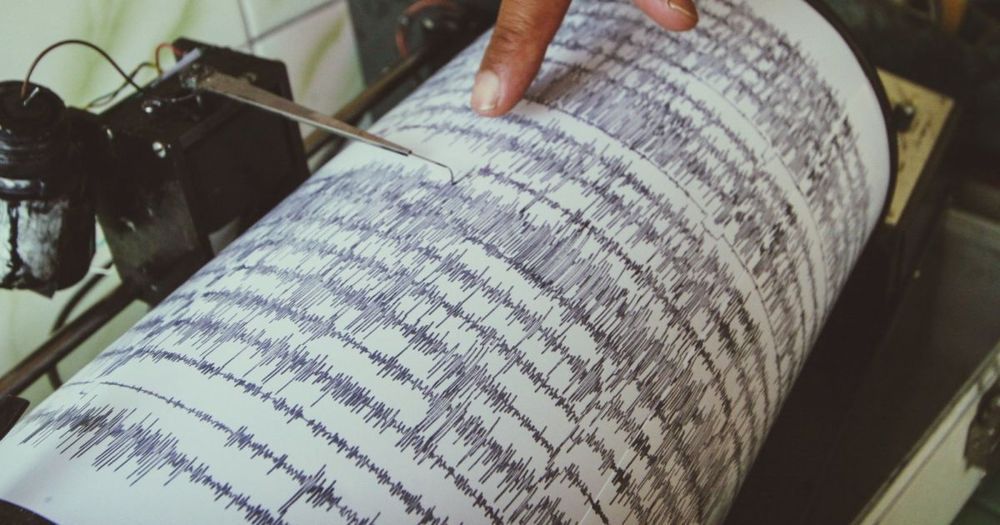

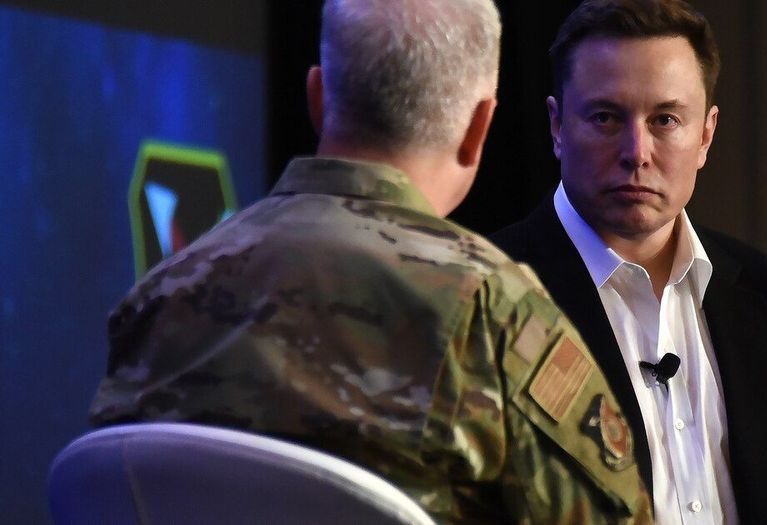
Yet another talk from Aubrey.
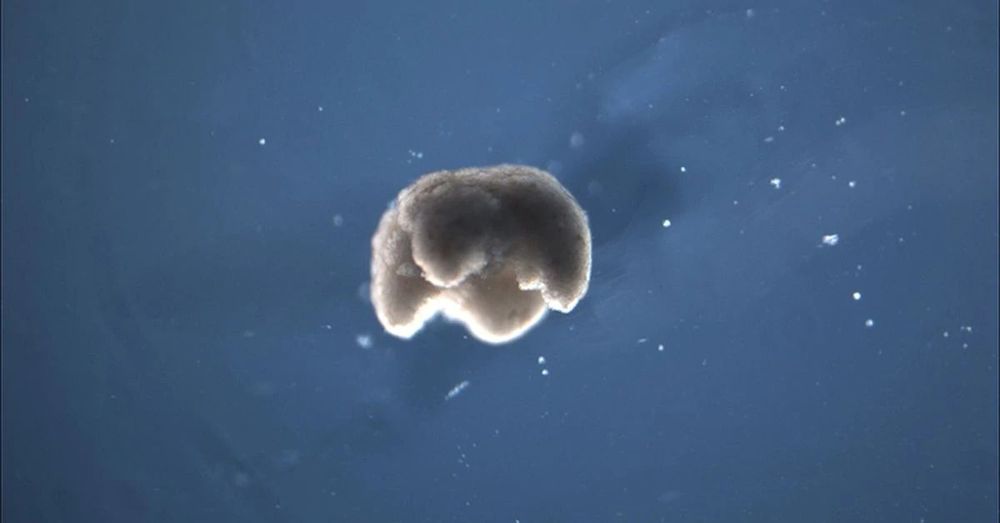
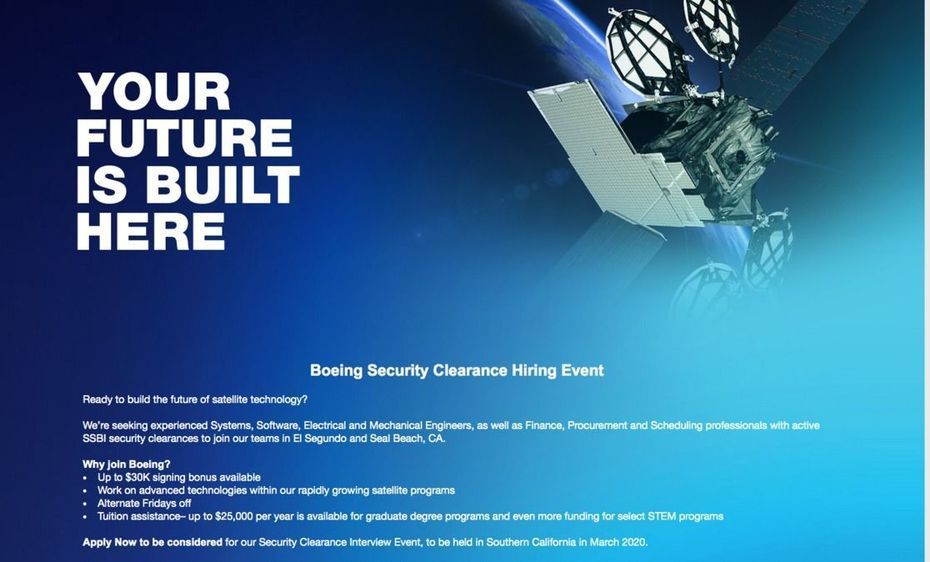
Boeing is offering signing bonuses up to $30,000 for experienced satellite engineers and procurement specialists, saying Friday needs the staff “to help build assets for the U.S. Air Force and its allies.”
The company posted a notice about its hiring on LinkedIn, listing more than open 75 jobs for what Boeing said were its “rapidly growing” satellite program efforts.
“We have an urgent need for Security Cleared Satellite Engineers to help build assets for the U.S. Air Force and its Allies. We’re offering a potential $30k sign-on bonus,” the posting said.

Scientists at the Washington University School of Medicine in St. Louis revealed on February 24 that they had successfully converted human stem cells into insulin-producing cells and demonstrated in mice infused with the converted cells that they can act as a rapid cure to diabetes.
The research transformed other types of cells into beta pancreatic cells which produce the insulin hormone needed by the body to break up blood sugar.
The findings were published in the journal Nature Biotechnology.
‘This is the first time I have seen such a dramatic drop-off over such a wide area for a specific event,’ says NASA scientist.
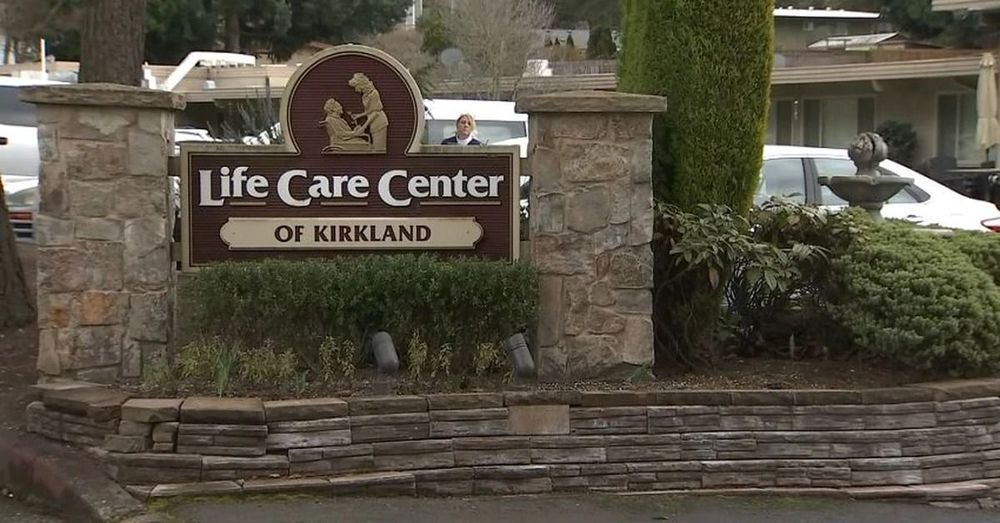
Wuhan coronavirus pandemic — kirkland, washington.
Cluster of 50 people sick at a single retirement home where 2 have been confirmed to have Wuhan Coronavirus.
KIRKLAND, Wash. — Dozens of residents and staff at Life Care Center of Kirkland, a nursing and rehab facility, are reporting symptoms that might suggest coronavirus, according to a statement from King County Public Health.
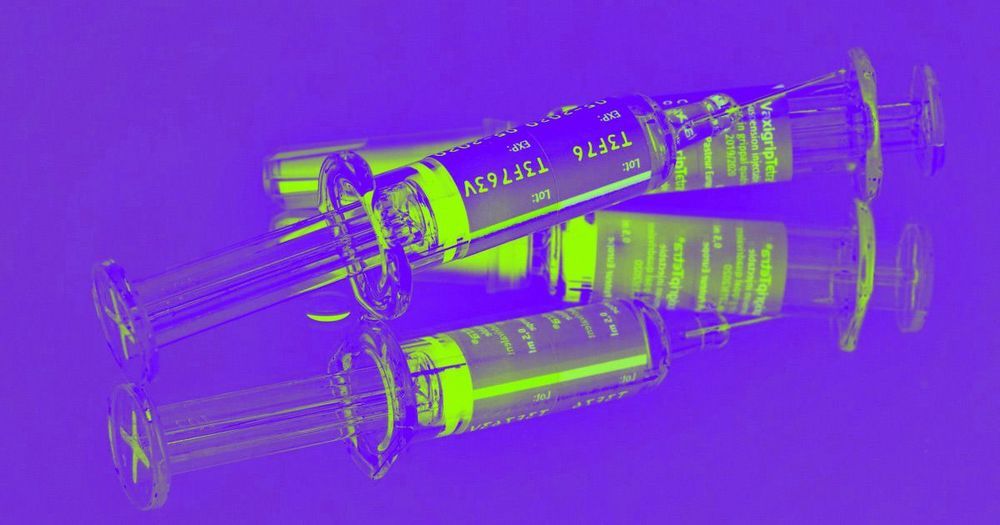
As doctors around the world continue to mobilize against the coronavirus COVID-19 and try to develop a vaccine, one doctor thinks he may have an ace in the hole.
Years ago, Peter Hotez, a vaccine and infectious disease specialist at Baylor College of Medicine, worked on a vaccine that protected lab mice from SARS, according to the Houston Chronicle.
The project was abandoned and the vaccine never tested on humans because it took until 2016 — 16 years after the SARS outbreak ended — to manufacture it. But now, Hotez suspects that minor adjustments could turn it into a viable defense against COVID-19.